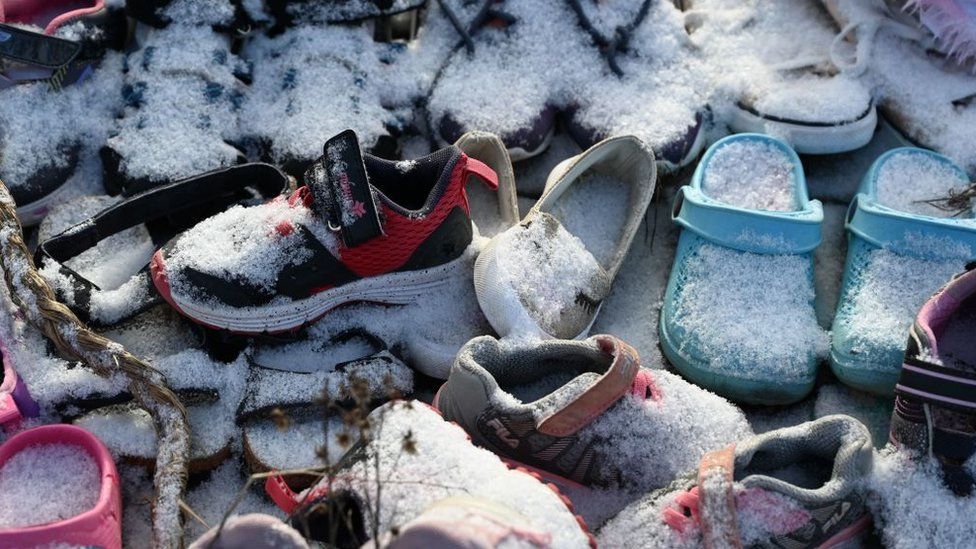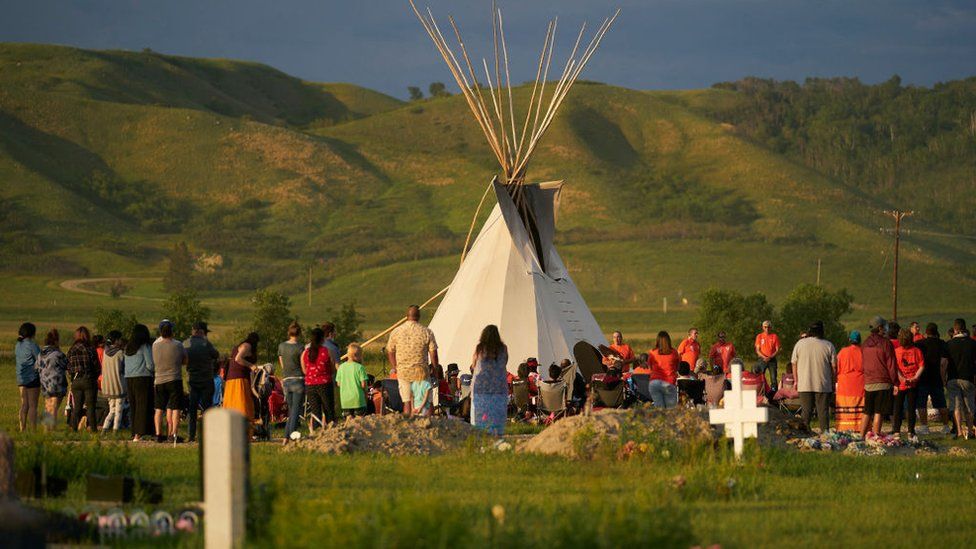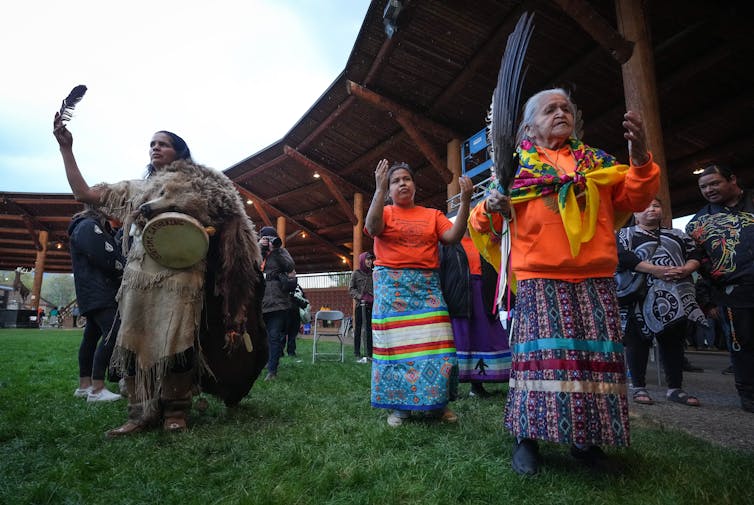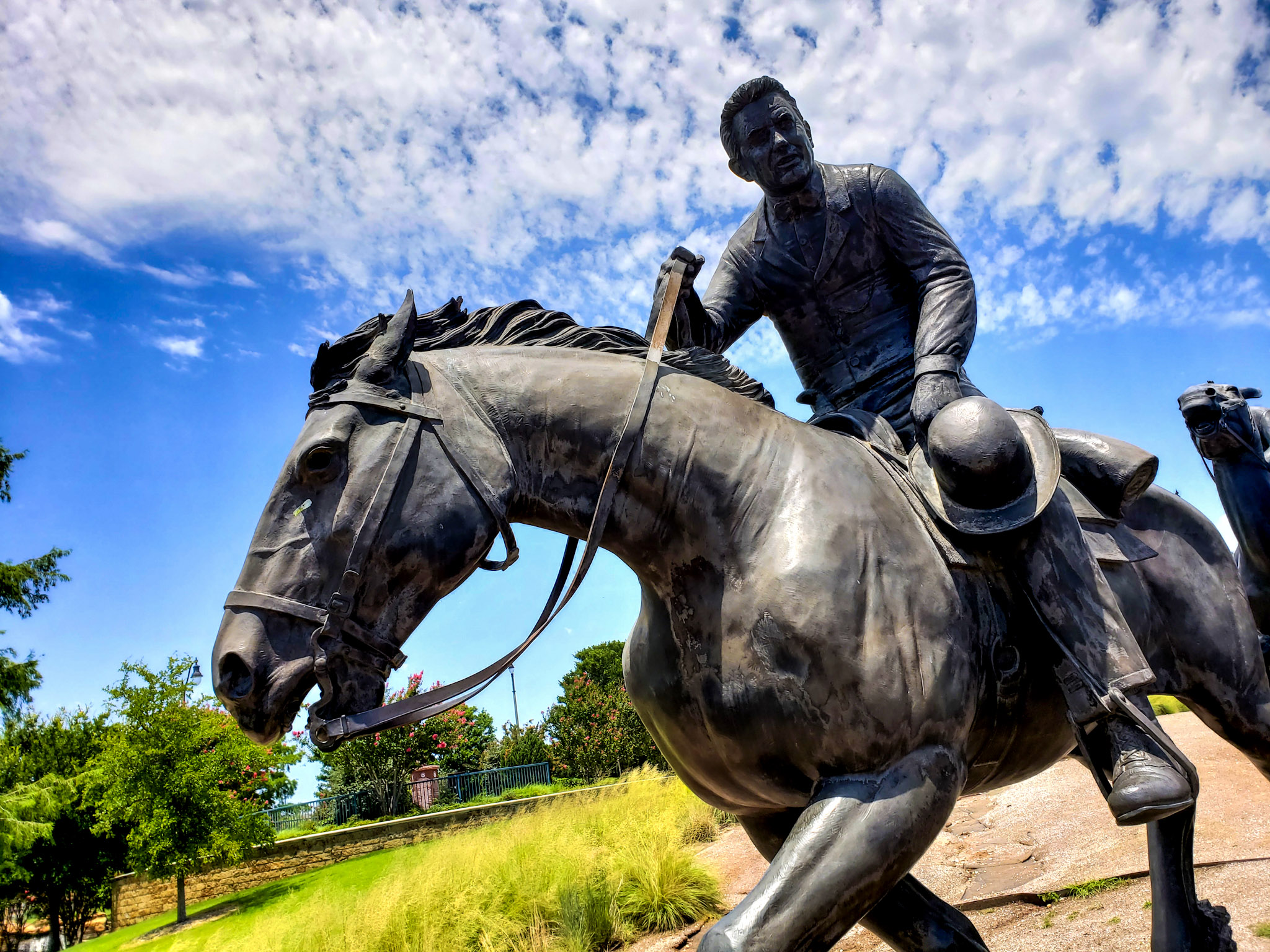A bipartisan group of Minnesota
lawmakers are backing a bill aimed at keeping Native American children
within the foster care system in Native American homes, as the U.S.
Supreme Court appears likely to overturn identical federal rules.
The Indian Child Welfare Act of 1978
(ICWA) established federal minimum standards for the removal of Native
American children from their homes. The law also prioritized placing
children into homes of extended family members and other tribal homes —
places that could reflect the values of Native American culture.
ICWA was enacted following a
century-long campaign by the federal government of forcibly removing
Native children from their homes and placing them in boarding schools
and white adoptive families. The mission was to assimilate Native
children into the white American mainstream — or “kill the Indian in
him, save the man,” as the founder of the first boarding school infamously said.
The U.S. Supreme Court in November heard a case, Brakeen v. Haaland, which argues ICWA
discriminates against non-Native families because of their race. ICWA
proponents argue tribal citizenship is a political — not racial —
category.
The conservative justices, including
Chief Justice John Roberts and Justice Amy Coney Barrett — who are both
adoptive parents — appeared skeptical of the law.
Social workers and tribal nations have long lauded ICWA, and Minnesota lawmakers are proposing bipartisan legislation
to adopt ICWA-like language to continue prioritizing placing Native
children with extended family, tribal members or other Native
households.
“The effects of trauma, separation
from family and disconnection from important cultural teachings caused
by the boarding school and adoption era carries on today as families and
tribes struggle to rebuild extended family and community
relationships,” said Sen. Mary Kunesh, DFL-New Brighton, the bill’s
chief author and whose mother is an enrolled member of the Standing Rock Sioux Tribe. “This proposal is the minimum necessary to ensure protection for our tribal children, families and tribes.”
The state already has the Minnesota Indian Family Preservation Act, which was adopted in 1985 as a supplement to ICWA. Kunesh’s bill (SF667) would add language, like definitions and required processes, to strengthen the state law so it would include ICWA language.
If the Supreme Court does overturn
ICWA, the status of the Minnesota Indian Family Preservation Act would
be up to a state court if someone were to challenge it.
At the Senate Health and Human
Services Committee on Tuesday, multiple tribal leaders and ICWA case
workers testified in support of the bill.
Kevin DuPuis, chairman of the Fond du
Lac Band of Lake Superior Chippewa, told lawmakers that passing this
bill would be a step toward preserving the future for Native Americans
and said that taking away Native children and assimilating them into
white culture is a form of genocide.
“It’s my job as a tribal leader, and
it’s my job as an Anishinaabe man to protect our children, to protect
our future, to ensure there is a future,” DuPuis said. “(This bill)
ensures that we get to determine what’s right for our children. That we
get to determine what’s right for our people.”
Prior to ICWA’s adoption in 1978, as
many as 35% of Native American children were placed in non-Native homes
by state courts and adoption agencies, according to the U.S. Department of Justice.
Kunesh said they are working to
quickly enact the bill, as the Supreme Court may release its decision
any time in the first half of this year.
Sen. Jim Abeler, R-Anoka, one of the
bill’s co-authors, said the Legislature also needs to take further steps
to ensure the law is enforced.
“I hope that … this year, next year,
we can get to the heart of this and preserve these families to the best
extent possible,” Abeler said. “I don’t live in this world, but I really
care. For what part I can bring, I’m happy to be a part of the
solution.”
The Supreme Court case, Brakeen v. Haaland,
hinges on a Texas family, the Brakeens, who fostered a 10-month-old
Navajo and Cherokee child. The couple was told from the beginning that
they wouldn’t be able to adopt the child, but the Brakeens became
attached and went to court. A judge ordered that the child be placed
with a Navajo couple, but the tribe backed out, effectively giving the
Brakeens custody. The Brakeens now want to adopt the child’s sibling.
The Supreme Court case includes three non-Native families who wanted to adopt Native American children — including one couple in Minnesota
who went to court against the grandmother of a White Earth Nation
child. The Minnesota couple, Danielle and Jason Clifford, argued in
court that they could better provide for the child, but the White Earth
Nation and the grandmother fought back and the grandmother won custody
because of ICWA.
The Brakeens and the other families who are challenging ICWA are bankrolled by multiple right-wing organizations, according to This Land, a podcast about Native American rights.
Tribal advocates worry that if the
Supreme Court overturns ICWA based on a racial discrimination argument,
the decision could lead to a domino effect against other areas of tribal
sovereignty, using the same legal rationale.
ICWA proponents argue tribal citizenship is a political — not racial —
category and therefore shouldn’t be considered racial discrimination.
The Senate Health and Human Services
Committee on Tuesday unanimously approved the bill, which will now go to
the Senate Judiciary Committee later this week.



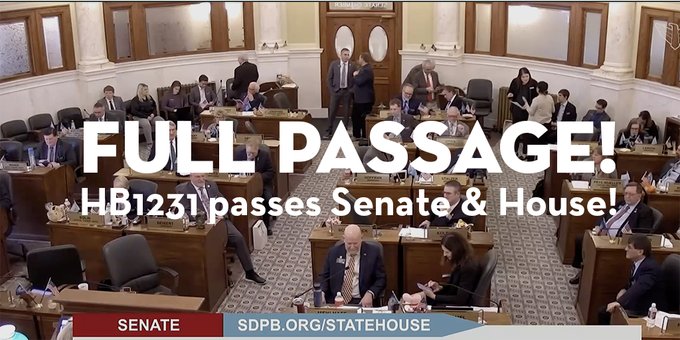

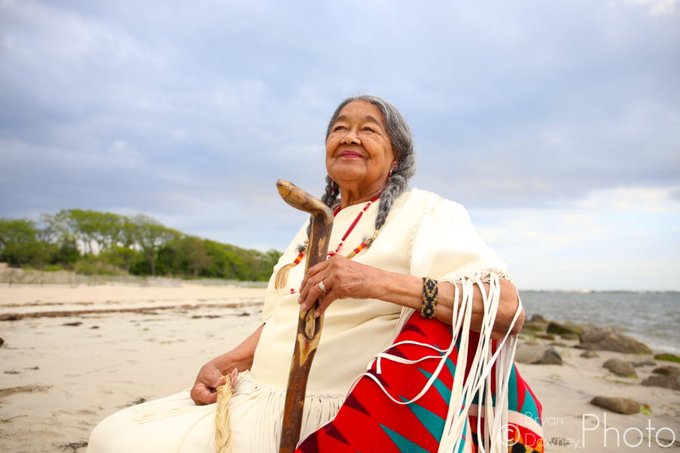
.jpg)

